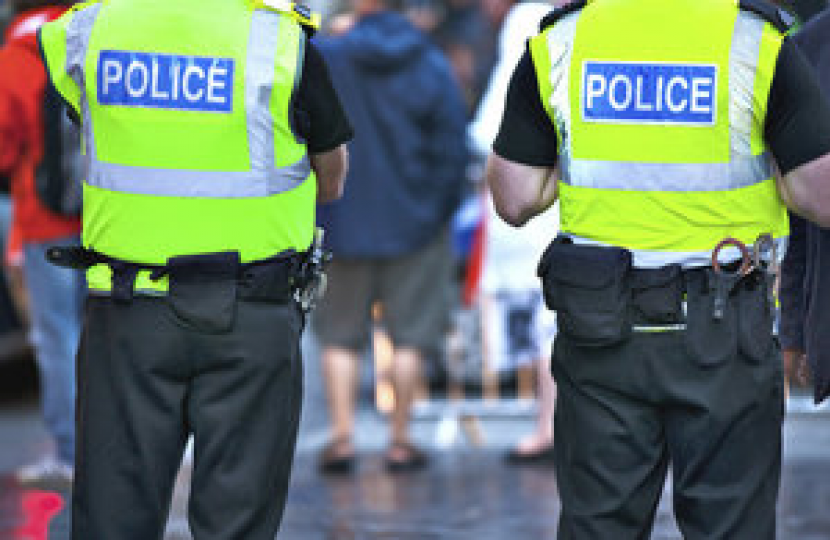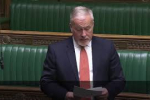
Every police force in England and Wales will receive at least £1 million to ramp up patrols to tackle violence and disorder, targeted in areas with high levels of anti-social behaviour.
It is estimated that the funding, hitting £66 million for England and Wales, will enable each force to deploy uniformed patrols for up to 20,000 hours in “hotspot” areas each year, helping drive down crime and boost public confidence in their local force. Across all 43 forces areas, this will support between 600,000 and 900,000 hours of hotspot patrols over the next year.
This approach has already been piloted in 10 areas, with over 80,000 hours of patrols in the six months since it launched. This has led to nearly 600 arrests, close to 1,500 stop and searches and around 700 uses of anti-social behaviour powers such as community protection notices and public protection orders.
The £66m of funding announced this month will be targeted in areas where there is high prevalence of violence, anti-social behaviour, and illegal public drug consumption, which not only makes communities feel less safe but can fuel drug related violence.
In a further bid to tackle illicit drug crimes, the government has also set an ambitious new target to smash another 1,000 county lines by August. This will bring the total number of county lines dismantled to over 3,000 since the drug strategy launched in April 2022, with the government already reaching its initial target to shut down 2,000 lines by 2025 well ahead of schedule. This has included arresting and charging hundreds of dangerous criminals who controlled these lines.
Richard Fuller MP said:
Anti-social behaviour destroys communities and takes away the public’s right to feel safe in the place they call home.
Getting more officers out and visible in communities is vital for public confidence. We have delivered 20,000 additional police officers, with 195 police additional officers in Bedfordshire since September 2019, and we’re making sure they are tackling those visible crimes, like anti-social behaviour, which have a corrosive effect on people’s sense of safety.
Our plan will put more officers on patrol in local communities up and down the country - an approach that has been proven to work, to help ensure that people are not only safe, but that they feel safe, in their neighbourhoods.
This announcement is the latest step in the government’s Anti-Social Behaviour Action Plan, launched by the Prime Minister last year, setting out a zero-tolerance approach to all forms of anti-social behaviour.
To date, the government has:
- increased the use of drug testing on arrest, enabling police to test for a wider range of class A drugs like ecstasy and methamphetamine
- upped on-the-spot fines to £1,000 for fly-tipping and £500 for littering or graffiti
- banned nitrous oxide to stop local parks and amenities from becoming dumping grounds for empty cannisters and sites for loitering and drug use
This builds on action already taken by the government to make sure police and local authorities have the tools they need to tackle anti-social behaviour and crime which can strike at the heart of local communities, with research showing that 50 per cent of crime is carried out in just 5 per cent of areas on average.
Through the Criminal Justice Bill police and local authority powers will be strengthened to tackle anti-social behaviour including new powers to quickly close premises which are being used, or likely to be used, to commit nuisance or disorder.
The roll out of the hotspot model across England and Wales also follows the success of the government’s Grip funding which was provided to 20 forces with areas suffering from high levels of violence. This supported intelligence led patrols to target specific areas and tackle violent crime. In the areas and times where Grip patrols were active, we have seen a 7% reduction in violence and robbery offences.
At his first National Policing Board last month, the Home Secretary announced that tackling visible crime is one of his top priorities for police given the impact it has on public confidence.

